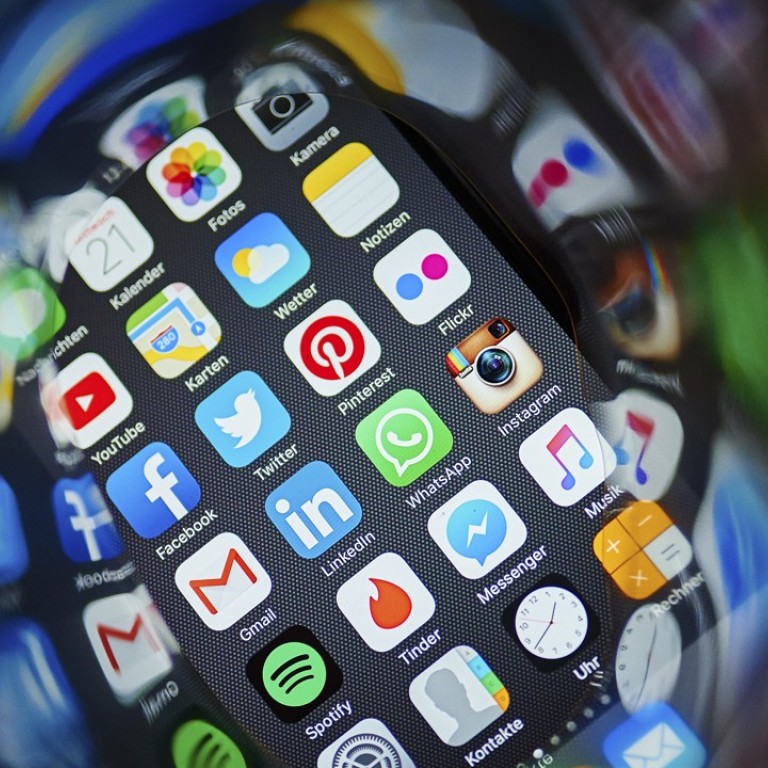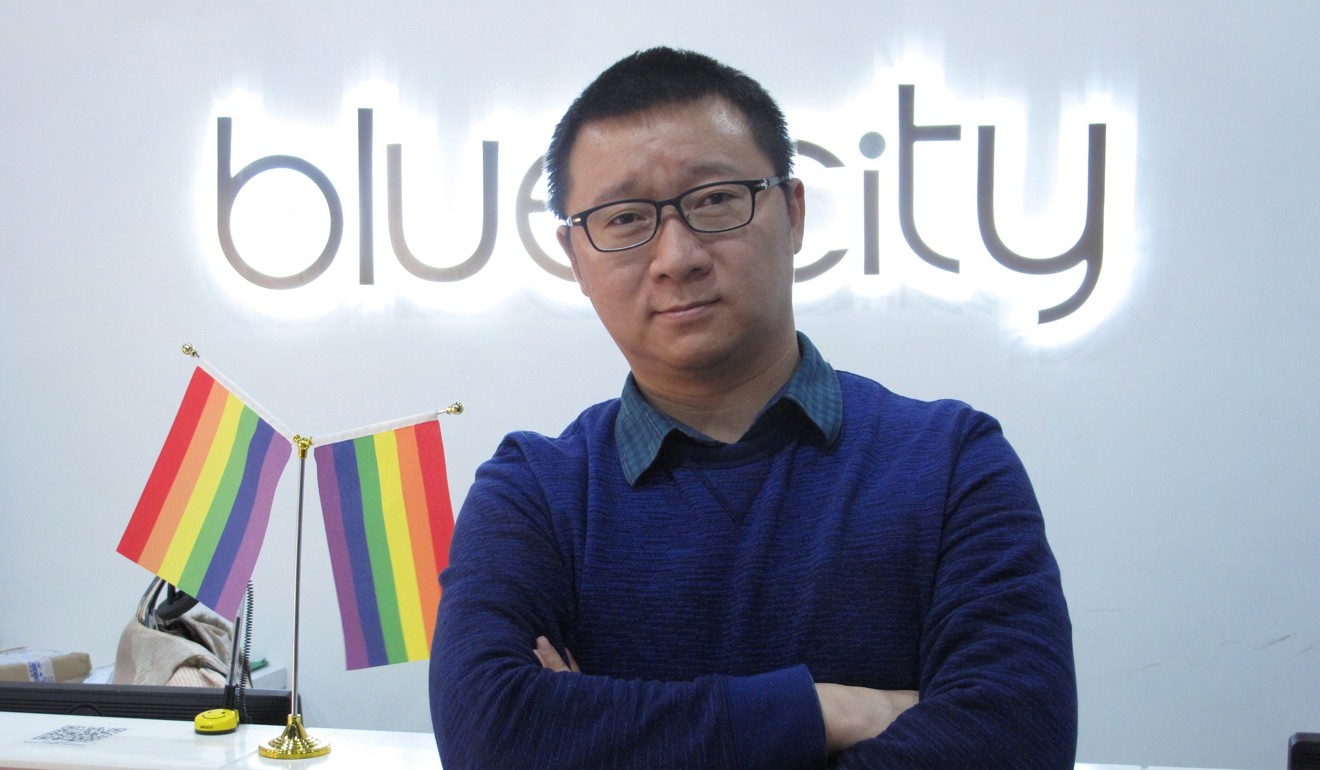
Chinese owner to be involved in Grindr’s operations after deal
It is unclear how both firms will boost each other’s prospects but the deal comes as China is cultivating a lucrative market catering to LGBT community
A little-known Chinese tech company has agreed to pay US$240 million for America’s Grindr so that it can become fully involved in the daily operations of the world’s largest gay social media app, as it expands and builds a loyal user base beyond China.
Beijing Kunlun Tech, a game developer owned by 38-year-old billionaire Zhou Yahui, said on Wednesday it planned to pay US$152 million to buy the remaining 38 per cent stake in Grindr that it does not already own. Kunlun paid about US$88 million for a 62 per cent stake of the social media app in January last year, which meant that the startup’s valuation has gained 161 per cent since the Chinese firm’s last purchase.
“[With the deal,] we also aim to be a world leading social media company in the future, and to expand our platforms into film, streaming and animation,” it said.
The takeover comes at a time when China, the world’s most populous nation but lagging the West in achieving equal legal status for its homosexual citizens, is cultivating a lucrative industry catering to the social needs of the gay community.
Grindr, founded in 2009 in the United States, is the world’s largest LGBT social-network application, counting over 27 million registered users across 196 countries and territories across the world.
The Chinese company expected to bank on Grindr as a new growth engine, as the eight-year-old app proved to be a cash cow that had posted US$13.7 million in net profit for 2014, thanks to its rapidly growing membership.
It is of strategic importance for us to fully engage in the daily operations of Grindr and make it our development milestone
The rapidly rising valuations of some of the world’s biggest social media platforms have also prompt the tech firm to build up its stake. Kunlun also owns web browser Opera, which it acquired last year.
“These companies are only going to see their valuations rise in the coming five to ten years, as reflected by the soaring share prices of Weibo, Momo and other Nasdaq-listed social media companies.”
While it is uncertain how the marriage between a Chinese game developer and an American gay dating app will bolster each other’s prospects, Grindr’s founder and chief executive Joel Simkhai described the deal in a blog post as “a huge vote of confidence in our vision to connect gay men to even more of the world around them.”

Although homosexuality is irreconcilable with the mainstream values in China, the LGBT community has made huge gains in social acceptance since homosexuality was decriminalised in 1997. Authorities recently decided not to censor gay scene in Disney blockbuster Beauty and the Beast, when governments in many parts of Asia opted to do so.
But analysts warn of regulatory risks to gay-focused businesses as the country’s stringent regulations designed to stop dissemination of “pornography” could easily bar users’ access to gay social media apps or censor relevant contents.

